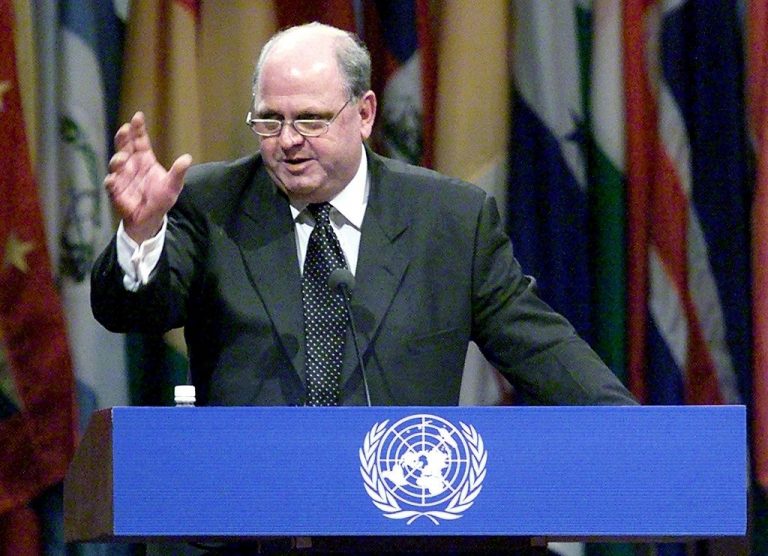Dec. 11 will mark two decades of communist China becoming a member of the World Trade Organization (WTO). In 2001, the former WTO Director-General Mike Moore called China joining the organization as a “momentous” occasion. He insisted that the communist country will become “transparent, stable, and more predictable.” If communist China refuses to honor its commitments, America and other members can use WTO’s “dispute-settlement producers” to deal with the issue.
Twenty years later, the communist country has become a wealthier nation, more authoritarian, and less inclined to fulfill its commitments. A key reason why China’s entry into the WTO was heavily promoted is that it would help Europe and the United States resolve the widening trade deficit with Beijing. But between 2001 and 2020, the United States accumulated a trade deficit of $6.82 trillion on goods with communist China.
China’s socialist ambitions that lead to a crackdown on private capital are in complete contradiction with WTO norms. Beijing provides support to domestic firms and state-owned enterprises (SOEs), giving them advantages over foreign companies. For instance, SOEs are given tax benefits, low-interest loans, and preferential access to capital from banks. These lopsided rules put foreign companies operating in communist China at a disadvantage. Beijing’s practice of providing subsidies to manufacturing firms is against WTO rules.
In 2001, the communist country committed that it would not insist on forced transfer of technology should foreign firms wish to enter the market. However, Beijing has encouraged such a transfer of technology. The Chinese regime’s retaliatory use of trade remedies, discriminatory technological transfers, failure to respect foreign intellectual property, and abuse of antitrust rules all violate WTO requirements.
On Oct. 20, David Bisbee, Chargé d’Affaires at the U.S. permanent mission to the WTO, accused communist China of using WTO membership to become the organization’s largest trader while acting in a manner detrimental to businesses and workers in America and across the world. Washington and other nations had expected that WTO membership would lead to China giving up its trade practices that were in contradiction to an open market policy.
Success
You are now signed up for our newsletter
Success
Check your email to complete sign up
“But those expectations have not been realized…. While other WTO Members also seek to help their industries develop, China’s approach is materially different. China’s industrial policies go well beyond guiding and supporting domestic industries. China’s industrial policies skew the playing field against imported goods and services and foreign manufacturers and services suppliers through an array of supporting measures,” Bisbee said in a statement.
Last month, U.S. Trade Representative Katherine Tai revealed that communist China has fallen short of committing to the Phase one trade deal signed during the Trump administration.
The European Union has also expressed its displeasure with how things have gone with China’s WTO membership. In a statement delivered on Oct. 20, EU ambassador Joao Aguiar Machado urged China to adopt further market reforms. He insisted that Beijing must take up responsibility and act in a manner that matches its “economic weight.” The ambassador wants the communist regime to stop seeking the benefits of a developing nation while discussing trade with other countries.
“We were looking forward to the reform process and opening up continuing at high speed. But the degree to which China has reformed and opened today is not commensurate with its weight in the global economy, or comparable to the access which China has to the markets of other WTO Members.” Machado said. He added that the influence of the Chinese government on the country’s economic environment creates “competitive distortion” in global markets and “systemic problems” for world trade.















